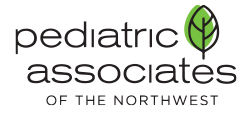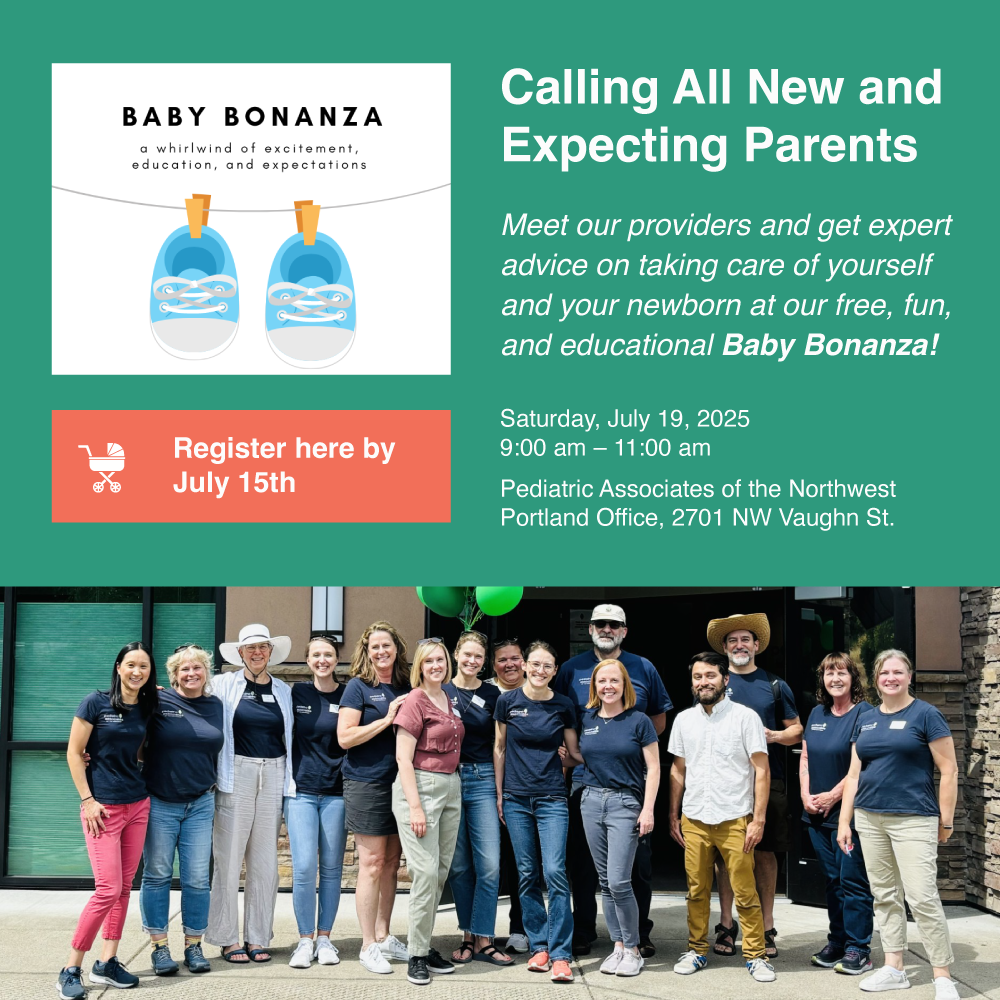Allergy season is a doozy for adults, but it can be that much harder to manage for children. While older children can grasp the concept of allergies and how they affect us, toddlers aren’t as apt to pick up on the whys. This can leave them feeling miserable from all the itchy, watery, runny everything!
The good news is that both kids and seasonal allergies are manageable with the right tips and support. However, if your child is perpetually wheezy or works hard to breathe, call for a same-day appointment. If you are ever worried about your child, contact our 24-hour nurse advice line to determine the next steps.
5 Tips For Managing Allergy Seasons With Children
In the meantime, here are tips for managing allergy season with children. As with all things health-related, proactive approaches are more successful in preventing allergic reactions – which can be difficult to manage once they’re in full bloom (pun intended).
1. Understand the differences between allergy and cold symptoms.
It’s not always easy to tell the difference, but allergy symptoms typically differ slightly from common cold or flu symptoms. Examples of allergy symptoms include:
- Itchy or gritty eyes, excess redness, tearing, and watering.
- Similarly, the throat may be sore from allergy inflammation, but that soreness usually involves itching in the back of the throat, the back of the nose, or the eyes.
- They come and go at the same time of year (here in the Northwest, spring and fall are the most potent allergy seasons).
- Runny nose with thin, clear discharge (rather than thicker whitish, yellowish, or green discharge).
- No fever
- No aching in the muscles or joints
- Red patchy areas or small rashes can result from a child’s direct contact with allergens, like pollen or pet dander.
Catching allergies early provides more full-spectrum relief and prevents allergies from getting worse. FYI: Unmanaged allergies increase the risk of developing a sinus or ear infection due to chronic inflammation and excess mucous build-up that harbors bacteria/viruses.
2. Be proactive by eliminating contact with allergens.
It’s impossible to avoid contact with some allergens (like all those pollens flying around in the air), but there are things you can do to minimize exposure as much as possible. Examples include:
- Have kids change clothes or shower after being outdoors, or at least at the end of the day.
- Wash hands regularly and avoid touching faces and eyes (a healthy, year-round hygiene practice).
- Change the filters in your HVAC system (easy and cheap to do!) once a month during peak allergy season and honoring the air purification system’s recommendations for filter changes. This also helps you save money on utility spending!
- Close the windows and rely on filtered air intakes when allergies are at their worst.
- Speak to your HVAC contractor about a whole-home air purifier or using a portable unit in your home.
- Check pollen counts and plan outdoor time accordingly.
- Skip the clothesline and use the dryer (for now) so pollen can’t accumulate on clothes, sheets, and towels.
- Observe all healthy lifestyle choices that support a robust, balanced immune system – including a healthy diet, plenty of sleep, and frequent exercise.
3. Speak to your doctor about natural and over-the-counter allergy remedies.
If you’ve done all you can to minimize allergen exposure without any change, it’s time to speak to your pediatrician about other potential remedies.
We often get asked about local honey as a natural allergy remedy, with the idea being that honey is made from local pollen and acts as an immune-boosting remedy. Unfortunately, studies show most people experience seasonal allergies to local grass, weed, and tree pollens – none of which are used by bees. That said, heading to your local farmer’s market and investing in local honey and other farm products is still a fantastic way to eat healthily and support your immune system year-round!
In the meantime, speak to your doctor about over-the-counter or prescription allergy medications tailored to the patient’s symptoms and response. Let us know if one medicine doesn’t work, and we’ll recommend a new one.
The most common allergy medication formats are:
- Oral medication (liquid, chewable or swallowed tablets)
- Nasal sprays
- Eye drops for particularly red, itchy, or irritated eyes
- Sublingual tablets that are placed under the tongue
- Allergy shots (these are only used when other, less invasive methods aren’t effective).
Also, know if you stop taking allergy medications, symptoms can return and it can take longer for the medication to retake effect.
Contact Pediatric Associates of the Northwest If Seasonal Allergies Plague Your Kids
Are your kids suffering the effects of seasonal allergies? Schedule a video or in-person appointment with one of PANW’s pediatricians or nurse practitioners. We’ll work with you until the sneezes and itching subside.






